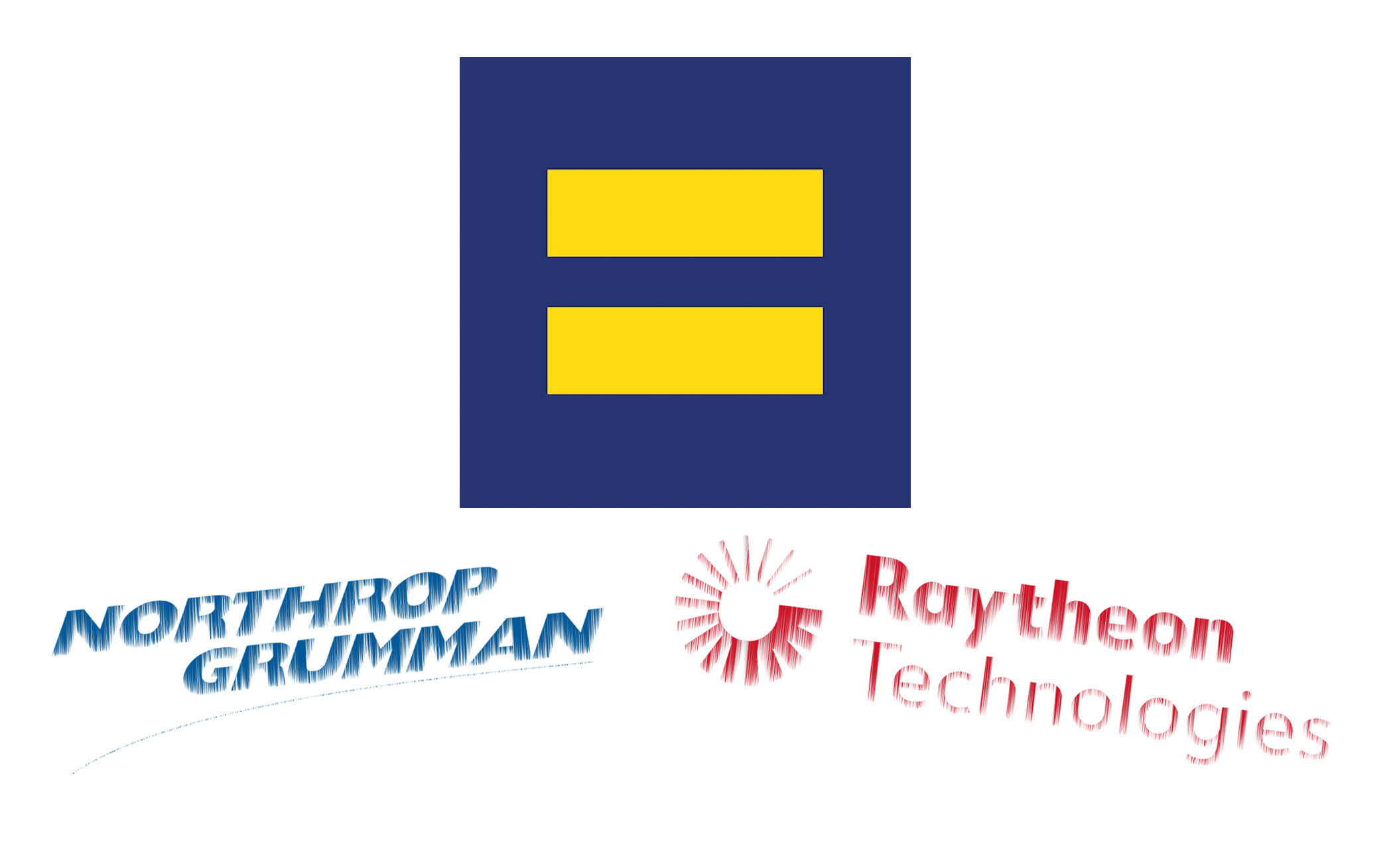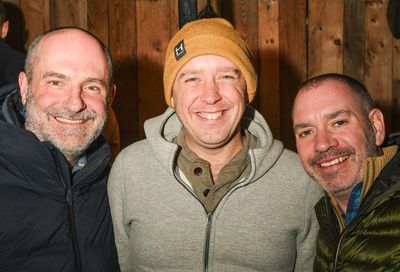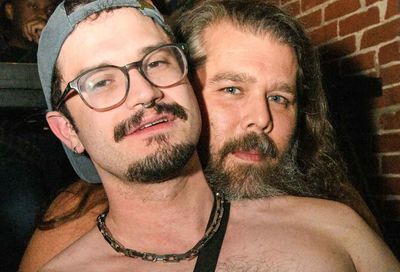Dictionary Definition: Merriam-Webster adds LGBT terms
Merriam-Webster expands its lexicon to include cisgender, genderqueer and the gender-neutral title Mx.

Queer people have always found ways to bend the rules. The dictionary is just trying to keep up. Last week, Merriam-Webster added the words cisgender, genderqueer and the gender-neutral title Mx. to its unabridged dictionary.
Nikki Lane, a professor at American University’s Department of Anthropology, says calling people by their preferred pronouns can be complicated, but it comes down to something very simple: respect.
“One of the hardest things for people who are gender nonconforming in any way is to be able to find and mark that experience in their lives,” says Lane, a cisgender, black lesbian. “For some people, using pronouns that are neither he nor she speaks more to how they experience themselves in the world. Really, what we’re looking at is this way that our language is being stretched and bent so that people of all genders can feel that they’re being recognized.”
As a result, identifying outside of the gender binary of masculine and feminine may not be as queer as it used to be, thanks to Merriam-Webster’s new definitions. They are as follows: Cisgender — a person whose gender identity corresponds with the sex the person had or was identified as having at birth; Genderqueer — a person whose gender identity cannot be categorized as solely male or female; and Mx. — gender-neutral, used as a title for those who do not identify as being of a particular gender, or for people who simply don’t want to be identified by gender.
“While plenty of definitions of these words are available online, Merriam-Webster’s status as a linguistic authority lends legitimacy,” the Human Rights Campaign said in a blog post. “The move helps [broaden] public understanding of the increasing diversity of words that people within the LGBTQ community use to describe their identities.”
However, Lane cautions that while recognition from institutions like a dictionary might feel like a complete win, it is not.
“The presumably heteronormative folks over at Merriam-Webster get to say, ‘Look, we get it.’ But people whose gender expression is nonconforming, they’re going to continue to be placed in a position of needing to teach people what the words mean,” she says. “And it’s great that now they can point to the dictionary and say, ‘Here’s what it means to be cisgender.’ But they’re still going to have to define cisgender privilege.”
While Merriam-Webster presumably had good intentions with the inclusion of these new terms, Lane believes it’s not going to affect heteronormativity unless they’re also paired with a redefinition of man and woman. Gender, according to Lane, is not connected to biology, but is an inner-sense of what it means for someone to be a man or woman. However, none of Merriam-Webster’s definitions for male, man, woman or female offer alternative definitions based on gender expression.
Still, dictionaries and their definitions have not kept people from finding or inventing new ways to talk about their experiences in the world. Words can take years before they meet criteria for entry into a dictionary — for example, cisgender has existed since the 1990s, according to Merriam-Webster. But that slow pace of change isn’t reflected in the LGBT community at large, according to Lane.
“I think that no one in our fast-paced, Internet-driven, contemporary culture is going to feel like a dictionary is the only place where they can find out what the meanings of words are,” Lane says. “Queer communities [don’t] require the dictionary to acknowledge all of the words that they use.”
Support Metro Weekly’s Journalism
These are challenging times for news organizations. And yet it’s crucial we stay active and provide vital resources and information to both our local readers and the world. So won’t you please take a moment and consider supporting Metro Weekly with a membership? For as little as $5 a month, you can help ensure Metro Weekly magazine and MetroWeekly.com remain free, viable resources as we provide the best, most diverse, culturally-resonant LGBTQ coverage in both the D.C. region and around the world. Memberships come with exclusive perks and discounts, your own personal digital delivery of each week’s magazine (and an archive), access to our Member's Lounge when it launches this fall, and exclusive members-only items like Metro Weekly Membership Mugs and Tote Bags! Check out all our membership levels here and please join us today!
























You must be logged in to post a comment.